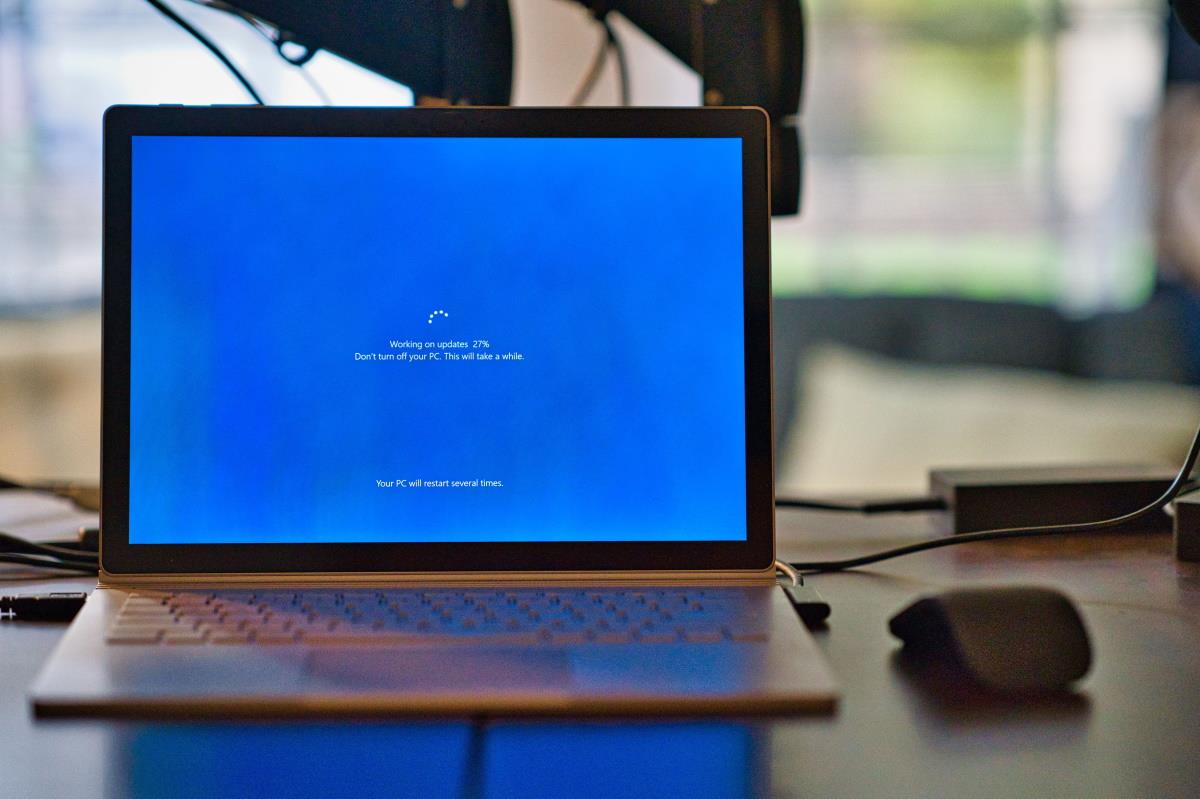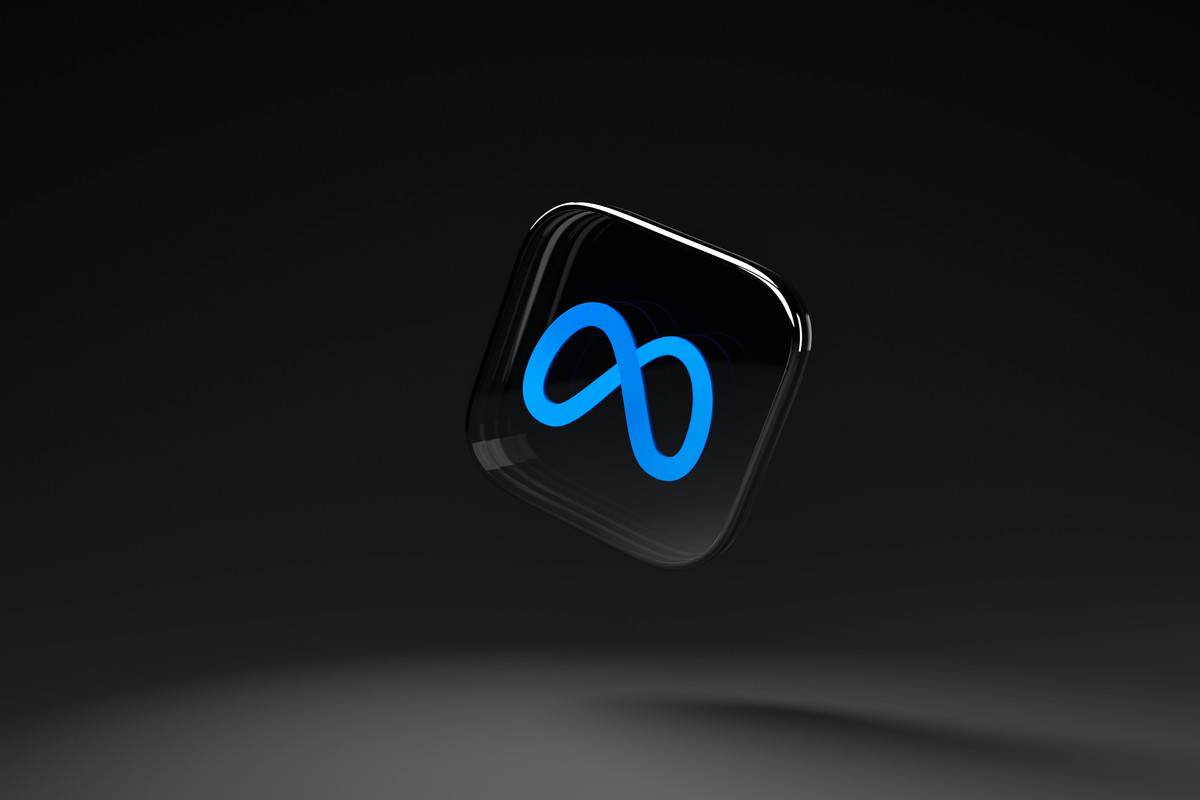Nvidia's New RTX 50-Series Cards Discontinue Support for 32-Bit PhysX
Nvidia's latest RTX 50-series graphics cards—the RTX 5090, 5080, and 5070 Ti—have officially discontinued support for GPU-accelerated PhysX, a technology once celebrated for enhancing in-game physics simulations. This change affects a selection of older titles that relied on 32-bit PhysX for realistic effects such as destructible environments and particle dynamics. Gamers attempting to play these classics on the new hardware have reported significant performance declines, as the CPU now bears the processing load previously handled by the GPU. Notable examples include Borderlands 2, where frame rates drop below 60 FPS during intense action sequences, and Mirror's Edge, which experiences noticeable slowdowns during physics-heavy moments. Nvidia had previously indicated that the RTX 50 series would not support 32-bit CUDA applications, but the specific impact on PhysX-dependent games was not explicitly detailed.
The removal of PhysX support is part of a broader trend, as modern game engines have developed their own advanced physics systems, reducing reliance on proprietary solutions. However, this shift presents challenges for enthusiasts of older games that utilized PhysX to enhance realism. While the affected titles represent a small fraction of the gaming library, they include cult classics that were once highlighted for their advanced physics simulations. For players seeking to experience these games with full visual fidelity, options are limited to using older hardware that retains PhysX support or hoping for community-driven patches that might address the compatibility issues.
In addition to the discontinuation of PhysX support, Nvidia's RTX 50-series launch has faced other challenges. Users have reported hardware issues, including instances of power connectors overheating and, in some cases, melting. These reports have raised concerns about the reliability of the new GPUs, prompting discussions within the gaming community about the balance between cutting-edge performance and hardware stability.
As Nvidia continues to advance its GPU technology, the company must navigate the complexities of supporting legacy features while pushing the boundaries of performance. The decision to drop PhysX support reflects a focus on future technologies, but it also serves as a reminder of the ongoing need to consider the diverse preferences and expectations of the gaming community.
RECOMMENDED NEWS

Time to update Chrome, another vulnerability is exploited in the wild
Google released an update for its Chrome web browser some hours ago that fixes several vulnerabilit...

Windows 11 version 21H2 and 22H2 will reach end of support in October, forcing an automatic upgrade to 23H2
Microsoft has announced that it will stop servicing Windows 11 version 21H2 and 22H2 later this yea...

Firefox 133 comes with Bounce Tracking Protection and other enhancements
Mozilla has released a new stable version of Firefox a moment ago. Firefox 133 is the latest versio...

Latest Vivaldi Browser update adds more personalization options and new default search engines
The latest version of the Vivaldi web browser is now available. Vivaldi 7.1 adds several personaliz...

Meta Accused of Using 81.7TB of Pirated Books to Train AI Models
Meta is facing allegations of downloading over 81.7 terabytes of pirated books to train its artific...

Windows 11: Green Screen of Death is rolling out, what you need to know
Microsoft's Windows 11 operating system displays a blue screen error page when something unexpected...
Comments on "Nvidia's New RTX 50-Series Cards Discontinue Support for 32-Bit PhysX" :